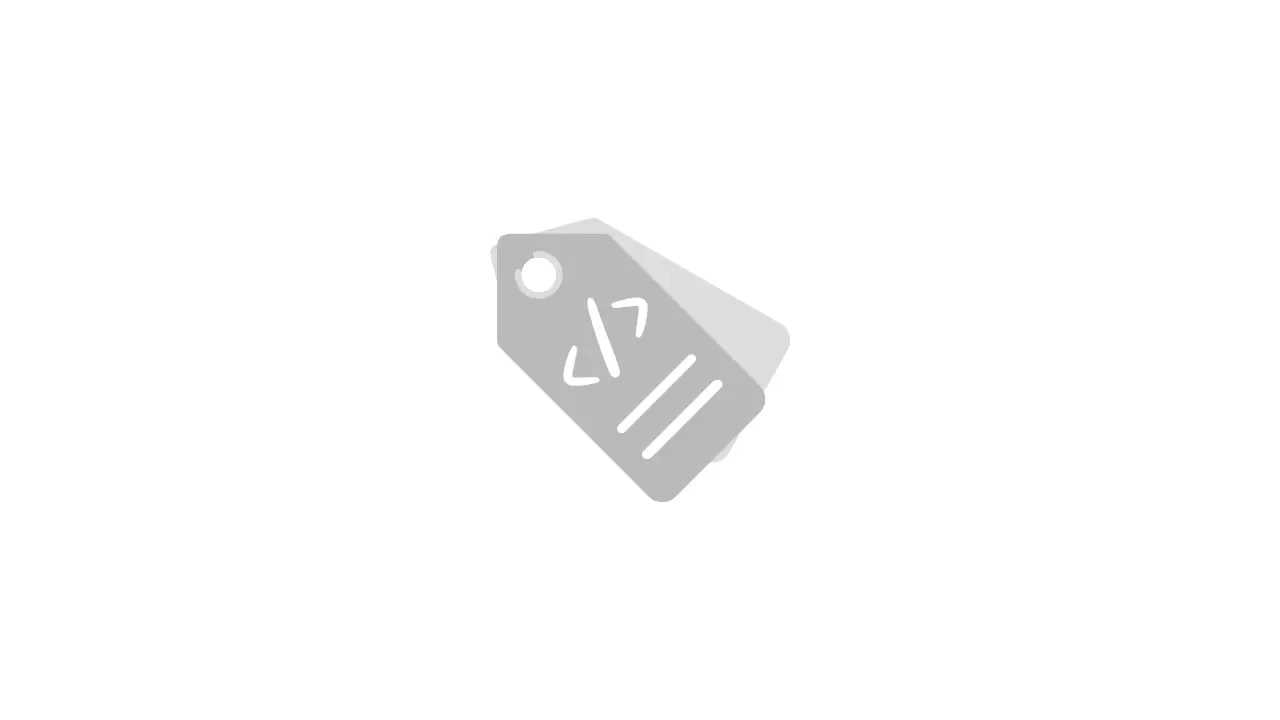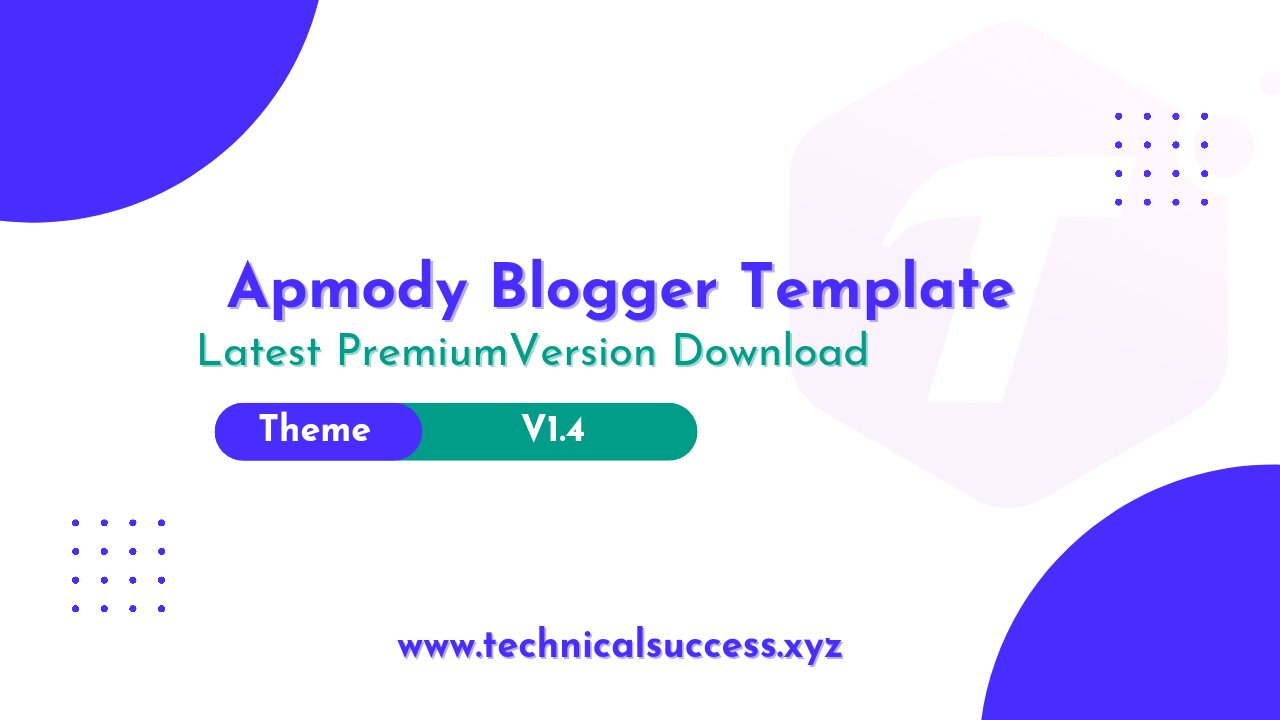The Importance of Meta Tags in SEO Optimization
The Importance of Meta Tags in SEO Optimization. There are many basic things that are very important to know when learning SEO, one of which is the meta tag. The term is closely related to page SEO optimization to be more search engine friendly.
Well for those of you who are still unfamiliar with the term, the writing is usually done in the <head> to </head> section of the HTML template.
Instead, let's learn why meta tags are so important for the development of a blog or site.
What is a Meta Tag
Meta tags are a type of syntax in HTML that is useful for providing information to search engines and browsers about related blogs.
Although not directly visible, the meta tag is very effective in improving the ranking of articles in search results. That way, traffic will also increase over time.
Meta Tag Types and Their Functions
In its implementation, there are several types of meta tags that are very often used, namely:
Meta Title
Of all the components of a site, the title clearly has a very important role in reaching potential readers. The more interesting the title, the more motivated others are to open up to read.
For Blogger users only, the meta title will look like this:
<b:if cond="data:view.isMultipleItems">
<b:if cond="data:view.isHomepage">
<!--[ Homepage title ]-->
<title><data:blog.title.escaped/> - Technology News Blog</title>
<b:elseif cond="data:view.search.query"/>
<!--[ Search title ]-->
<title><data:messages.search/>: <data:view.search.query/></title>
<b:elseif cond="data:view.search.label"/>
<!--[ Label title ]-->
<title><data:blog.pageName.escaped/> - <data:blog.title.escaped/></title>
<b:elseif cond="data:view.isArchive"/>
<!--[ Archive title ]-->
<title>Blog archive in: <data:blog.pageName.escaped/></title>
<b:else/>
<title>Blog: <data:blog.title.escaped/></title>
</b:if>
<b:elseif cond="data:view.isError"/>
<!--[ Error title ]-->
<title>Error 404: Not Found</title>
<b:else/>
<!--[ SingleItem title ]-->
<title><data:blog.pageName.escaped/> - Phamdom.blogspot.com</title>
</b:if>Change the marked sections as needed.
Meta Description
After the title, there is also a meta description that is useful to inform a brief description of the content being shared. Results in search engine will refer to the descriptions mentioned earlier in order to appear based on the keywords typed by the user.
Setting up a meta description on Blogger is actually very easy, you just need to go to the Settings menu > Description.
In addition, you can customize your blog description using the following script:
<b:if cond="data:blog.metaDescription">
<meta expr:content="data:blog.metaDescription" name="description"/>
<meta expr:content="data:blog.metaDescription" property="og:description"/>
<meta expr:content="data:blog.metaDescription" name="twitter:description"/>
<b:else/>
<meta expr:content="data:post.snippet" name="description"/>
<meta expr:content="data:post.snippet" property="og:description"/>
<meta expr:content="data:post.snippet" name="twitter:description"/>
</b:if>Meta Keyword
Meta keywords are a collection of information that is useful to tell you what keywords are a reflection of related blogs. This means that the keyword will be the main weapon to be found in the search results.
Managing meta keywords can be done as easily as the two points above. Here is an example:
<meta expr:content="data:blog.title + ', ' + data:blog.pageName + ', Technology, Blogging, SEO '" name="keywords"/>
<meta expr:content="data:blog.title" property="article:tag"/>Change the marked sections as needed.
Meta Robots
Especially for meta robots, the term is useful for regulating the indexing of related blogs. You can customize what pages you want crawled by search engine crawlers such as Google, Bing, and Yahoo.
Most template designers use the following script format in setting up the indexing flow:
<meta content="index, follow" name="googlebot"/>
<meta content="follow, all" name="Googlebot-Image"/>
<meta content="follow, all" name="msnbot"/>How to Maximize Meta Tags
- Use a title that is unique and different from the others
- Arrange the titles on the homepage and posts to give it a distinctive character
- The ideal title writing is ± 7 - 8 words or ± 40 - 50 characters
- Use a description that can describe the content of the entire page
- The ideal decryption is ± 140 words
- Use keywords that have the potential to drive traffic
- Never give a noindex command to a post section.
The role of meta tags in the development of a blog is beyond doubt. Most SEO activists also make meta tags a top priority in addition to interesting articles.
Without optimization, the chances of landing on the top page of search results will also be smaller. Want something like that?
Enough of this article on The Importance of Meta Tags in SEO Optimization, Thank you.






Komentar
Posting Komentar